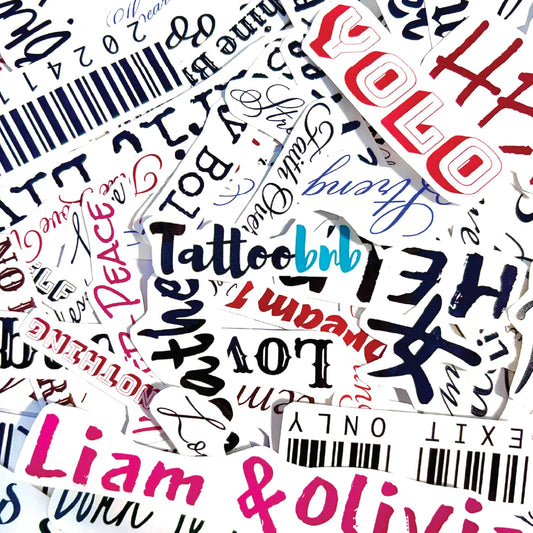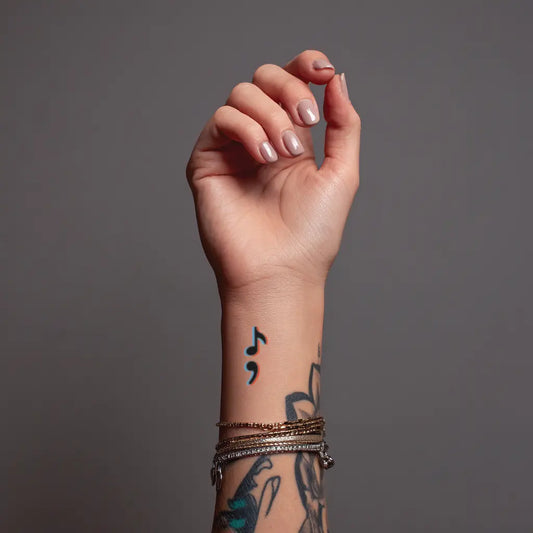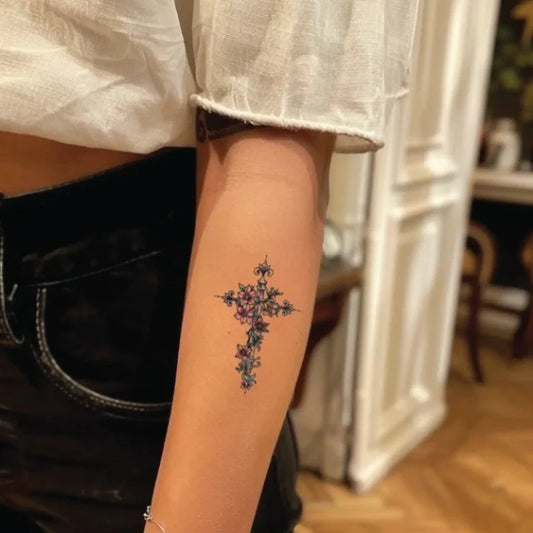Whether a religious tattoo is a sin depends on your faith tradition, scripture interpretation, and personal conscience. Different religions—and even denominations within the same religion—hold diverse views on body art. If you’re considering a religious tattoo, it’s wise to study relevant texts, speak with a trusted leader, and reflect on intent. Here’s a balanced overview to help you decide.
How major traditions view a religious tattoo:
- Christianity: Opinions vary. Some cite Leviticus 19:28 against tattoos; others note it addressed ancient ritual practices and argue that New Testament teachings emphasize heart intent over external marks. Many Christians choose a religious tattoo (cross, verse, icon) as a testimony of faith; others refrain out of conviction or cultural norms. Denominational attitudes differ—ask your pastor or priest.
- Catholicism and Orthodoxy: No universal ban. Reverence and modesty matter; iconography has traditions and guidelines. Some believers get a religious tattoo as devotion, while others prefer non-permanent expressions.
- Islam: Many scholars consider permanent tattoos impermissible (haram) due to altering the body that Allah created. Temporary henna is generally accepted. If you’re Muslim and considering a religious tattoo, consult a knowledgeable imam for your madhhab’s view.
- Judaism: Traditional halacha discourages permanent tattoos, referencing Leviticus 19:28. Practices vary in modern communities; people with tattoos are still welcomed in synagogues and can be buried in Jewish cemeteries, contrary to a common myth—policies vary by community.
- Hinduism, Buddhism, and Indigenous traditions: Body markings can be culturally or spiritually significant in some contexts. A religious tattoo may be devotional or protective. Respect local customs and meanings.
- Sikhism: No explicit prohibition, but modesty and purpose are emphasized; community perspectives differ.
Key considerations before getting a religious tattoo:
- Intent and witness: Is your religious tattoo an act of vanity, rebellion, or sincere devotion? Many traditions weigh motive heavily.
- Placement and modesty: Sacred symbols on highly exposed or intimate areas may be seen as disrespectful in some faiths.
- Symbol accuracy: Ensure script, verses, and sacred languages are correct and respectfully styled.
- Cultural respect: Avoid appropriating sacred symbols outside their context. If the symbol isn’t part of your tradition, reconsider or opt for a more universal motif.
- Permanence: Faith journeys can evolve. Sit with the design for several weeks and consider alternatives like jewelry or temporary ink.
Ethical and practical tips:
- Consult leadership: A pastor, priest, rabbi, imam, or guru can provide guidance aligned with your community.
- Choose a respectful design: Clean lines, legible text, and dignified imagery suit a religious tattoo’s meaning.
- Quality over trend: Poor execution can distort sacred text or icons. Select an artist experienced with script and religious imagery.
- Aftercare matters: Protect the tattoo so verses or symbols remain clear—gentle washing, thin moisturizer, and SPF after healing.
Key takeaway:
- A religious tattoo is not universally a sin; it’s viewed through the lens of specific doctrines and personal conviction.
- For Christians, interpretations of Leviticus and New Testament freedom differ; intent and modesty are key.
- In Islam and traditional Judaism, permanent tattoos are generally discouraged or prohibited.
- Across traditions, respect, accuracy, and purpose determine whether a religious tattoo is appropriate.
Bottom line: A religious tattoo can be a sincere expression of faith—but its moral status depends on your tradition’s teachings and your motive. Seek guidance, choose respectful design and placement, and act in good conscience.












































































